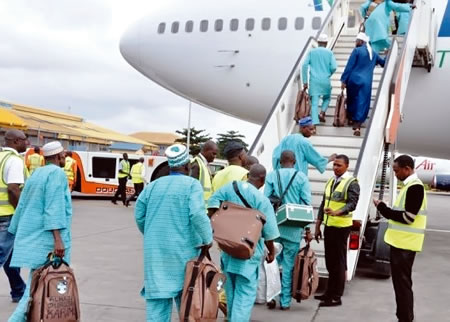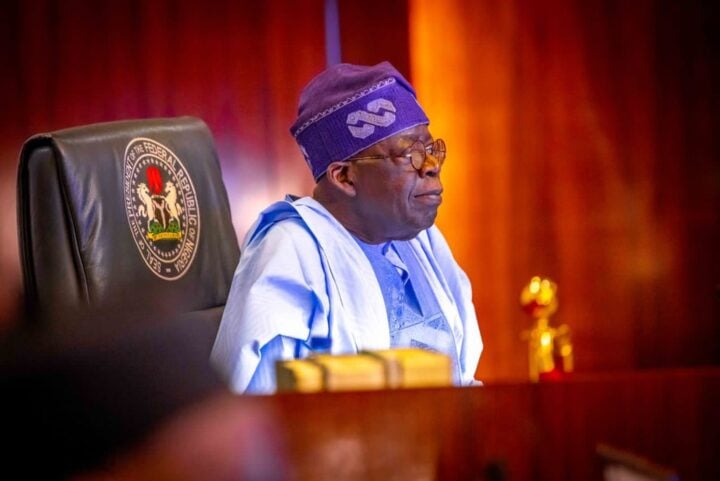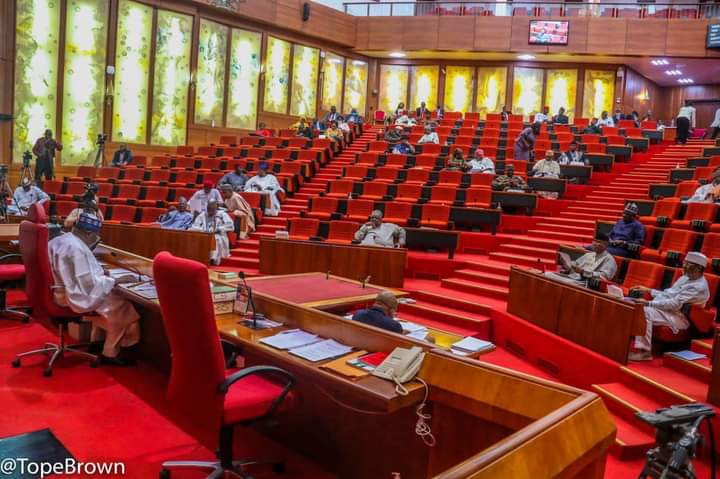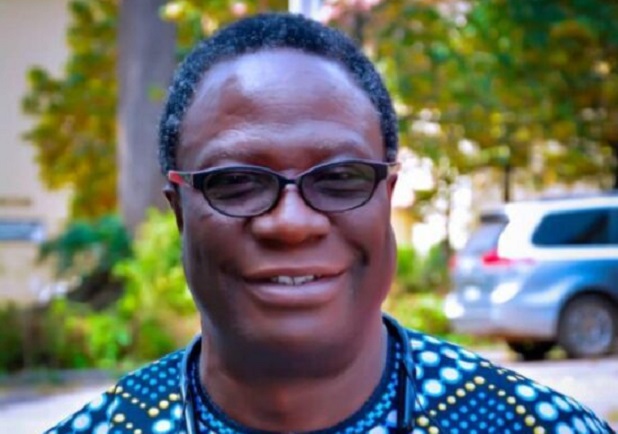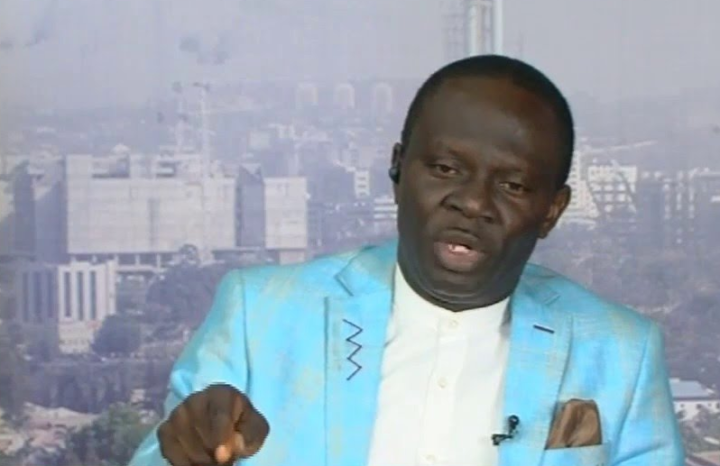Stakeholders in the media industry have suggested ways that journalists and newsrooms can protect themselves from frivolous lawsuits.
Concerned parties spoke on Tuesday in a Twitter Space organised by the International Centre for Investigative Reporting (ICIR) on addressing issues of strategic lawsuits against public participation (SLAPP) in the media industry.
A recent report by Spaces for Change (S4C), a civic organisation, showed how crackdowns on press/media freedoms were recorded in Nigeria between 2017 and 2022 — the highest in West Africa.
The repressions mostly took the form of arrests, detentions, office raids, brutality, seizure of journalistic equipment, sanctions and fines on broadcast media, anti-media laws designed to gag the press, and hacking of cellphones, among others.
Advertisement
Although former President Muhammadu Buhari said Nigerian journalists enjoyed “unfettered freedom” under his administration, TheCable reported that the Committee to Protect Journalists (CPJ) said at least 28 journalists and media workers were harassed and attacked while covering the state and house of assembly elections on March 18.
Another report also said Nigerian journalists were attacked at least 160 times between 2018 and 2020.
‘Fisayo Soyombo, founder of the Foundation for Investigation Journalism and pioneer editor of TheCable, said the continuous attacks and frivolous lawsuits often discourage journalists from pursuing genuine public interest stories.
Advertisement
“The reporter who has written the story and has ended up in a lawsuit is then afraid to write similar stories, so the consequence is not just immediate in terms of the story that was written or for the organisation or for the reporter,” Soyombo said.
“The consequences extend into the future because it then affects the journalist psychologically and impacts future stories.”
HOW TO PROTECT JOURNALISM FROM REPRESSION
Inibehe Effiong, a human rights lawyer, said there is a need for a judicial review of laws that repress journalism.
Advertisement
He advised newsrooms to have their reports vetted by lawyers before publications to avoid falling victim to strategic lawsuits.
“The first law I believe should be reviewed legislatively is the Cybercrimes Act particularly Section 24,” he said.
“Other than that, the only way would be to have parliaments review it, whether the political will — will be there, I don’t know, but it’s a law that needs to be reviewed because everything published under that section may be interpreted as a cybercrime for which journalists and media houses can be targeted,” Effiong said.
“In terms of criminal defamation, other states can take an example from Lagos. In Lagos, the criminal code law no longer recognises criminal defamation as an offence. If someone has made a comment you think is offensive, why not take a civil suit? There is no reason why every media organisation, especially one passionate about investigative reporting, should not have an in-house attorney.”
Advertisement
Busola Ajibola, deputy director of the Centre for Journalism Innovation and Development (CJID), said collaboration between newsrooms and civil society organisations (CSOs) has the power to protect journalism from repression.
“I have come to realise that we underestimate how the strength of collaboration can protect us. If we’re doing a story that we know can expose us to abuse or libel cases, then we had better come together and do some sort of cross-publications. In that way, if we have all our evidence intact and facts and we co-publish, then anyone coming knows you may be suing 20 media organisations and that scares them before they start,” Ajibola said.
Advertisement
“We need to also work with the judiciary to set up some early dismissal procedure that allows the judiciary to identify and dismiss cases of SLAPP even before newsrooms and journalists incur costs.”
Advertisement
Add a comment


